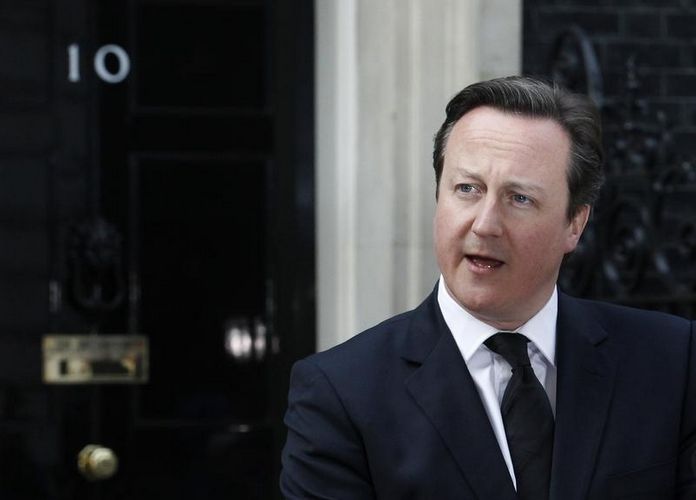This article was originally published by the Official Monetary and Financial Institutions Forum (OMFIF) in the The OMFIF Commentary.

Mojmir Hampl
The most critical stress test still lies ahead for the European Union and the project of European integration. This claim may seem overblown in the light of the refugee crisis and still risk-laden Greek turbulence – as if it were not enough that both the euro and the Schengen Area are proving (to the detriment of all, inside and out) to work only reasonably well in good times. In bad times they are clearly not sufficiently robust. Yet I am convinced that the forthcoming British referendum on EU membership, set to take place within the next two years, is of far greater importance for the EU.
I am talking not so much about the political repercussions of the Yes/No vote on the internal integrity of Britain itself and the division of powers and manner of government there, however great these may be. I refer, rather, to the consequences for continental Europe, which many are studiously ignoring.
From my own experience of numerous debates in Europe, I am well aware of Britain’s importance in taking positions often in sensible counterbalance to others’. I may not always agree with the UK, but I have to take it seriously. I sense instinctively that there is no substitute of comparable strength. In the long run Britain’s EU membership makes the European integration project more balanced and meaningful for us all.
It irritates me to see the debate on the UK referendum in continental Europe sliding so often from realism into sermonising. Britain is called upon to ‘make the right decision’ or ‘face the consequences’. This is a very continental and very un-British way of thinking. I therefore welcome the decision of the European Commission to create a ‘task force for strategic issues related to the UK referendum’, headed by Jonathan Faull, a British veteran of the European integration process.
The task force may not have the snappiest name, nor, perhaps, is it institutionally appropriate for the Commission to take such a step, but at least someone is symbolically acknowledging that they know what is at stake.
The decision of the British public will, like it or not, be a decision about the rest of us, about the entire EU. The British have an important ally on their side: history. For at least 200 years, this, the oldest, most resilient and most stable democracy in Europe, has – through various twists and turns – made the right decisions at key moments in history. It has stood on the right side. Napoleon, Wilhelm II, Hitler, Stalin: each time Britain has stood systematically – and sometimes entirely alone – on the side of freedom, reason and tolerance against despots, false messiahs and aggressive megalomaniacs capable of destroying Europe. History tells us that this corrective trait of the British often serves as a last resort for Europe.
I could add provocatively that during the recent Great Recession it was again the Anglo-Saxon world which decided quickly and resolutely to implement the right policy – a massive monetary easing – at a time when the risks of inaction were potentially limitless. The same cannot be said in our continental Europe. So, let’s drop the sermonising, stop fuming at the British and wise up. If Britons say the EU isn’t good enough for them, can it be good enough for anyone else?
Mojmir Hampl is Deputy Governor, Czech National Bank

